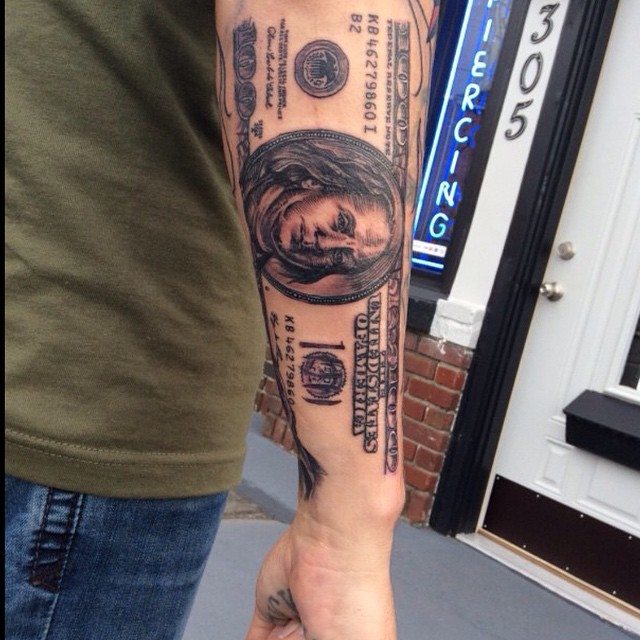It may sound like something from a Sci-Fi movie, this is reality: Wearable, sticker/tattoo currency. Healthcare technology bigwig MC10, Inc. has partnered with others to market WiSP (Wearable Interactive Stamp Platform). This is convenient for those who need to pay for merchandise or a service in a crowded convention or event, but do not necessarily want to carry their wallet around. This is great for all of us who attend these crowded events – and great for merchants who can take advantage of its various uses.
One of those uses comes from the medical field, where the sticker/tattoo device can be placed on a patient, and then scanned by a member of the care team to learn the medical history of a patient. This is something that could benefit every one of us – but there may be one big issue in the way of anyone getting ahold of this gadget. That big issue isn’t the FDA or buying it, but rather having your merchant account not go nuts when you do buy it or scan it. It’s bound to happen: Something will go wrong somewhere, i.e., a fraudulent charge, and your merchant account provider will panic and close your account. It happens all too often, and while it may seem like there is nothing you can do, there is. You can stop it from the start.
If you are planning to use or accept payments via WiSP, you should look for a high risk merchant account provider to house your merchant account. These merchant account processors are well-equipped to handle any issues that may come along from a new or iffy payment source. While one fraudulent issue can leave you in a major bind with a traditional merchant account provider, a high risk merchant account provider knows their way around this issue. Another issue comes from the “newness” of this technology. What if it clunks out in a year? Well, a high risk merchant account provider also knows how to deal with those issues, to (remember the short-lived fanfare over BitCoin?).
WiSP is a great idea – and most of us can benefit from it in one form or another. If you are interested in using this product, or accepting it as a payment method, be sure to consult with your merchant account provider first. If they are not willing to accept this payment option, perhaps it is time that you break up with them.


